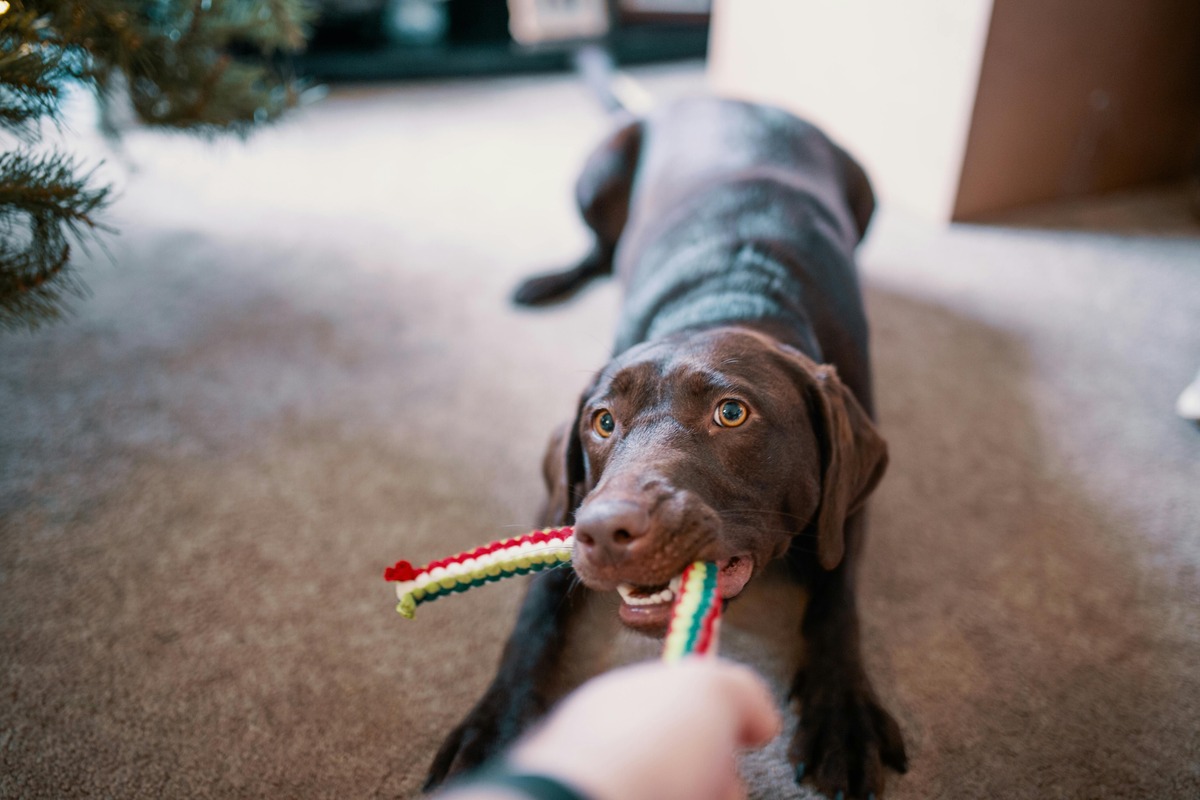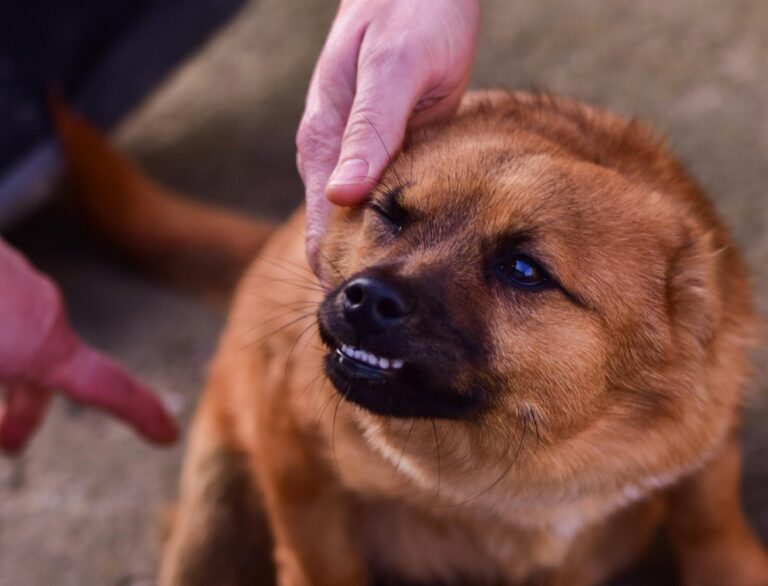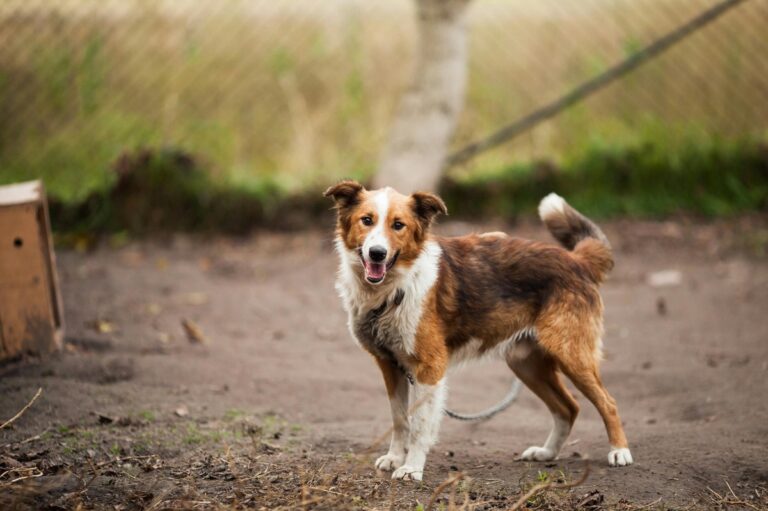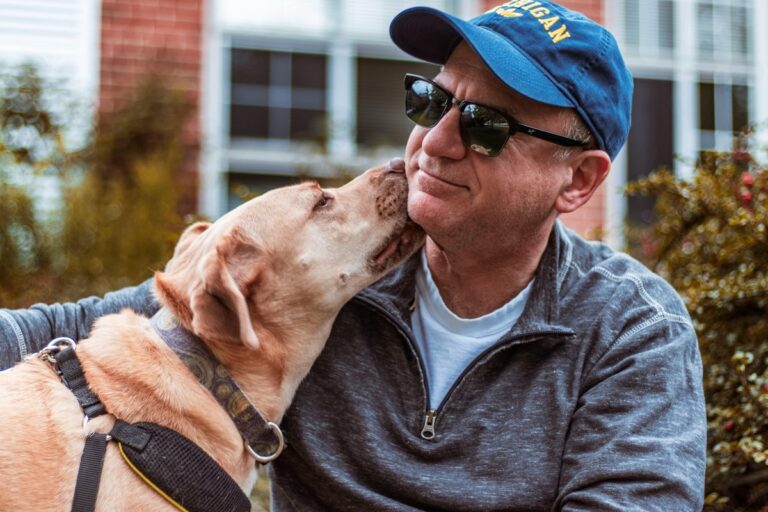9 Reasons Why Your First Pet Shouldn’t Be a Dog
Deciding to bring a pet into your home is an exciting and life-changing decision. Many people’s first instinct is to adopt a dog, but there are several reasons why your first pet might not be a dog. While dogs are loyal and affectionate, they come with unique challenges that might not be ideal for first-time pet owners. Here are some key reasons why your first pet shouldn’t be a dog and why you might want to consider other options.
1. High Maintenance
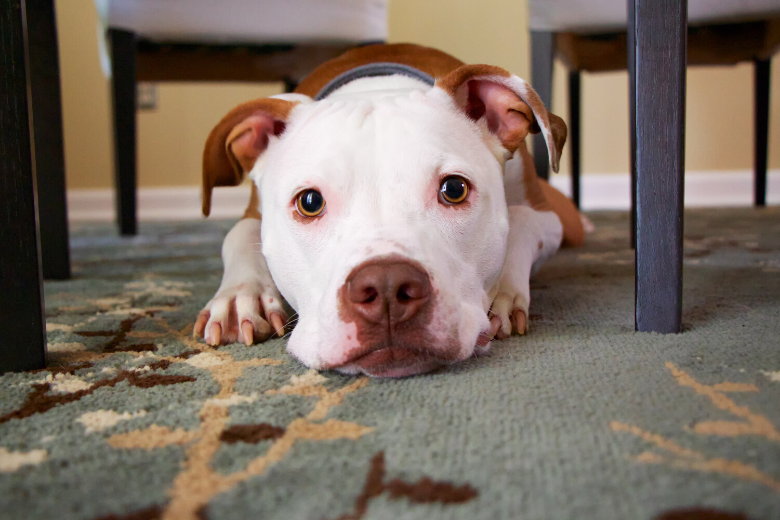
Dogs require a significant amount of attention and care, which can be overwhelming for a first-time pet owner. Unlike smaller pets, such as cats or rodents, dogs need daily exercise, training, and constant supervision. From walks to playtime and bathroom breaks, dogs need structured routines to stay happy and healthy. First-time pet owners may struggle to meet these demands, leading to frustration or burnout. If you’re new to pet ownership, you might find it easier to start with a lower-maintenance animal that doesn’t require as much time or effort.
2. Training Challenges
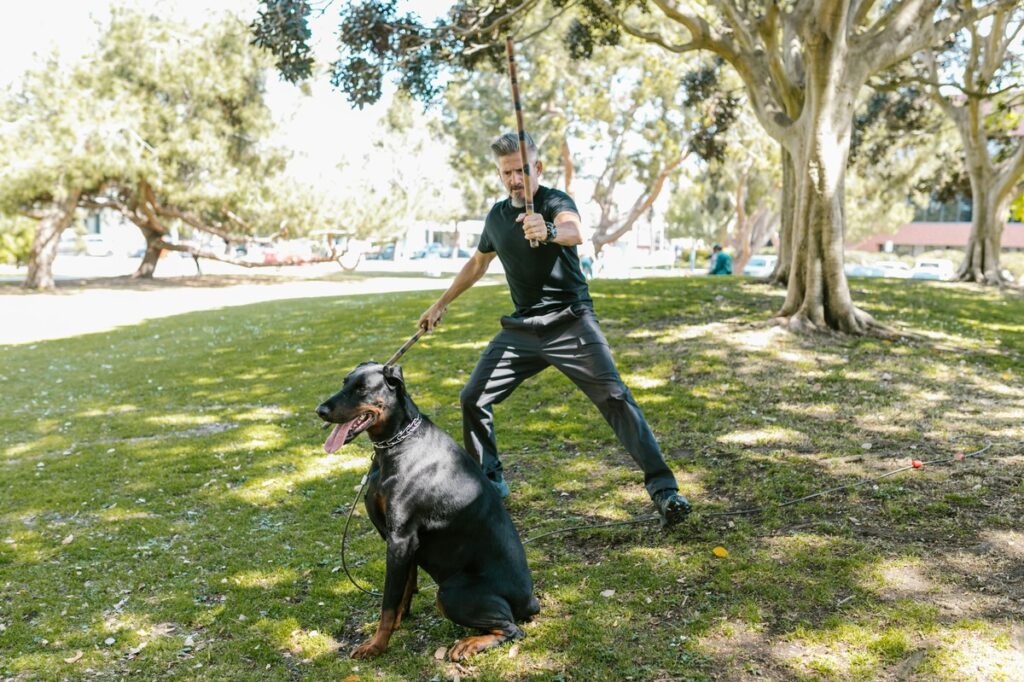
Training a dog can be time-consuming and difficult, especially for first-time pet owners. Dogs need to learn basic commands such as sit, stay, and come, and they also need to be housebroken. Puppies, in particular, require a lot of patience and consistency to avoid developing undesirable behaviors. Chewing, barking, and separation anxiety are just a few issues that can arise if a dog isn’t properly trained. While training is a rewarding experience, it can be overwhelming for someone who’s never owned a pet before. If you’re unsure about your ability to commit to training, a less demanding pet might be a better choice.
3. Costs and Financial Responsibility
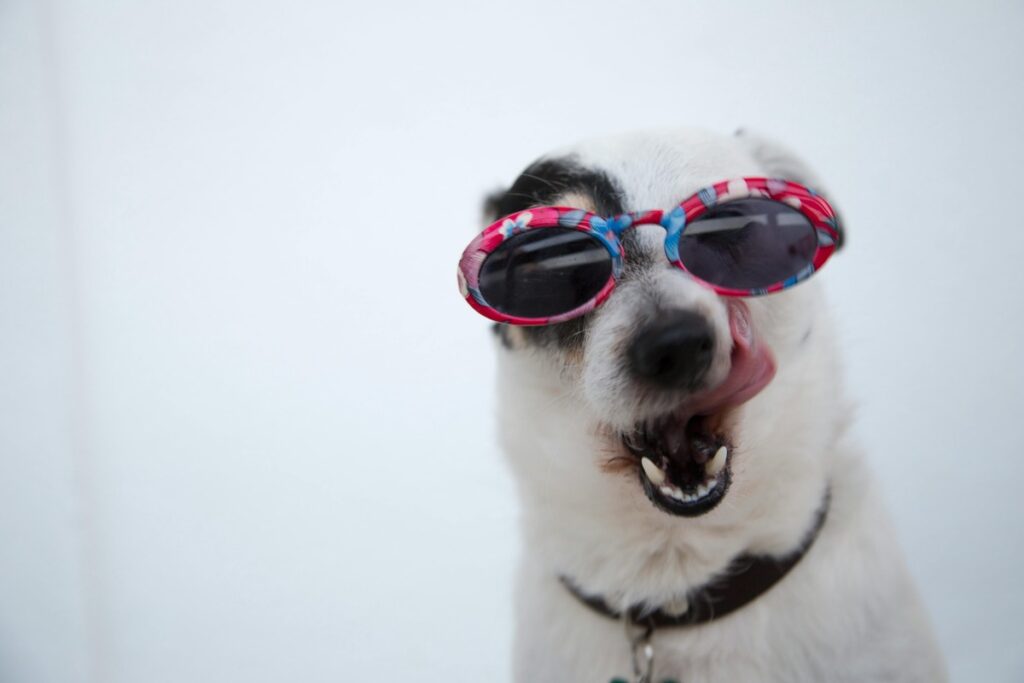
Owning a dog is expensive. The costs of food, vet visits, grooming, training, and supplies can quickly add up. Veterinary bills for dogs can be particularly costly, especially if your dog faces health issues or needs emergency care. First-time pet owners may not be fully prepared for the financial responsibility that comes with having a dog. Before adopting a dog, consider if you’re ready for the financial commitment. Smaller pets, such as fish or hamsters, often come with much lower initial and ongoing costs.
4. Time Commitment
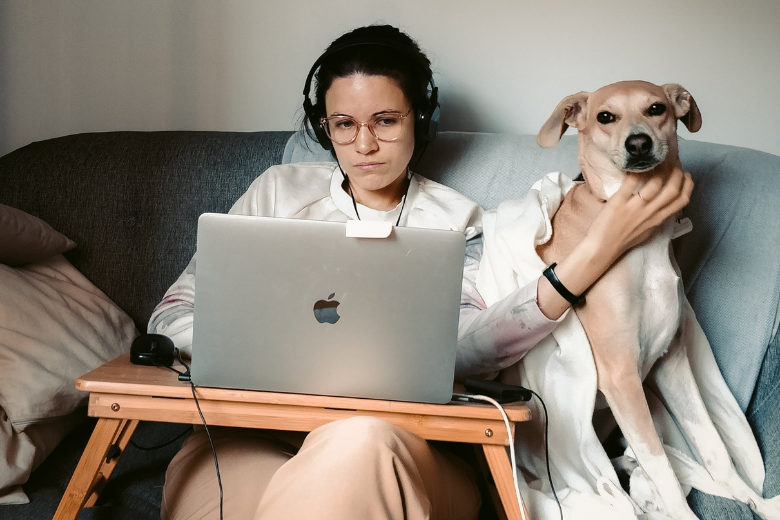
Dogs are time-consuming pets. Whether you’re walking them, feeding them, playing with them, or taking them to the vet, dogs require your attention and time. Puppies, in particular, need constant supervision and interaction, making them difficult to manage if you have a busy lifestyle. If you work full-time, have a hectic schedule, or travel frequently, it can be challenging to provide a dog with the care it needs. Other pets, like cats, birds, or fish, often have less demanding schedules, making them better suited for individuals with busy lifestyles.
5. Space Requirements

Dogs, especially large breeds, require significant space to thrive. They need room to run and play, and living in a small apartment may not provide them with the space they need to feel comfortable. Additionally, dogs are prone to developing behavior problems if they don’t get enough physical and mental stimulation. If you live in a cramped space or don’t have access to outdoor areas, it can be challenging to meet a dog’s exercise and space needs. Cats or small pets are generally more adaptable to living in smaller spaces and can be a better option for people with limited room.
6. Behavioral and Emotional Needs

Dogs are emotionally complex and need to feel connected to their owners. If left alone for long periods of time, dogs can develop separation anxiety, destructive behaviors, and depression. They rely on their owners for companionship, and they can suffer emotionally if not given enough attention. This is something first-time pet owners may not anticipate. Cats, on the other hand, are often more independent and can handle being alone for longer stretches, making them more suitable for people with unpredictable schedules.
7. Long Lifespan
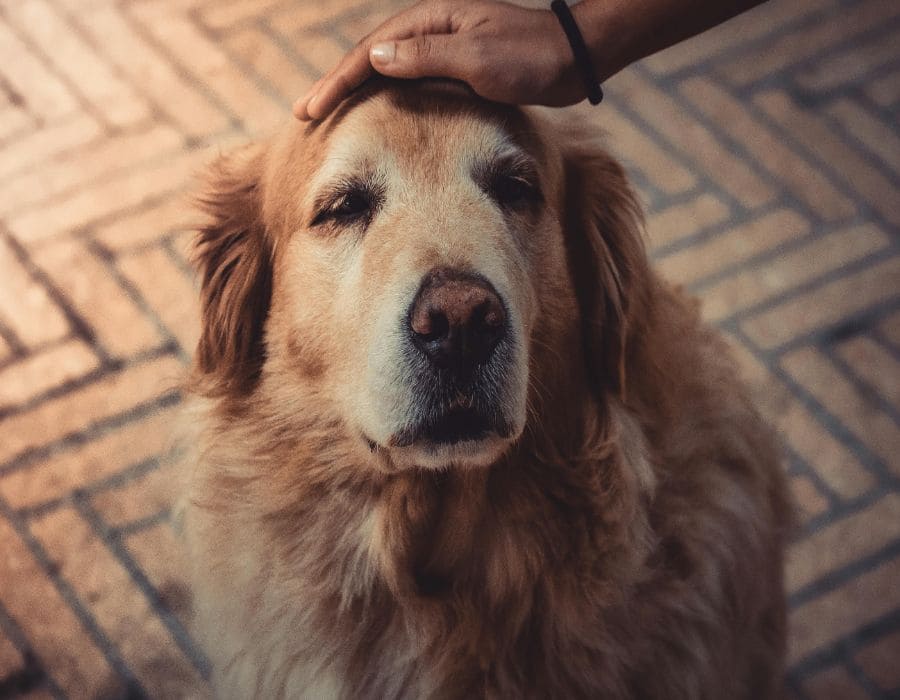
Dogs live for many years, often 10 to 15 years depending on the breed. This long lifespan means that adopting a dog is a long-term commitment. First-time pet owners may not be ready for this level of responsibility, especially if they are not certain about their future plans. A dog’s lifespan requires a significant commitment of time, energy, and resources. While adopting a dog is a rewarding experience, it’s important to consider whether you are ready for such a long-term commitment.
8. Health and Hygiene Concerns
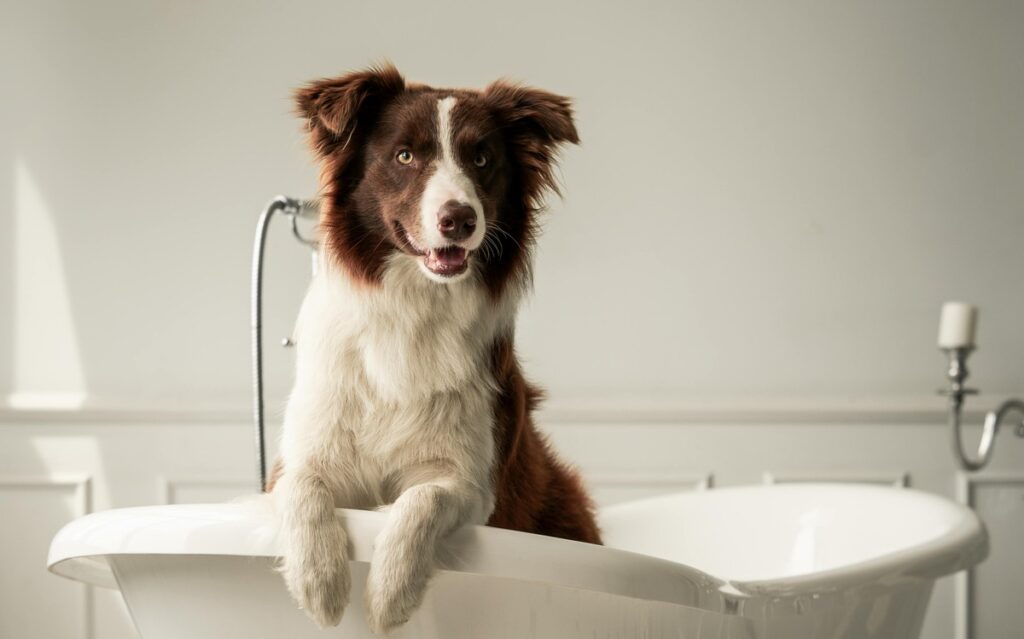
Dogs need regular grooming and hygiene care to stay healthy. Bathing, nail trimming, ear cleaning, and brushing are all part of maintaining a dog’s health and appearance. Some breeds require more extensive grooming than others, adding to the time and effort needed to keep them clean. If you’re not prepared to dedicate time to these tasks, a dog may not be the best first pet. Cats, on the other hand, are generally more self-sufficient when it comes to grooming and require less regular attention in this area.
9. Allergies and Sensitivities
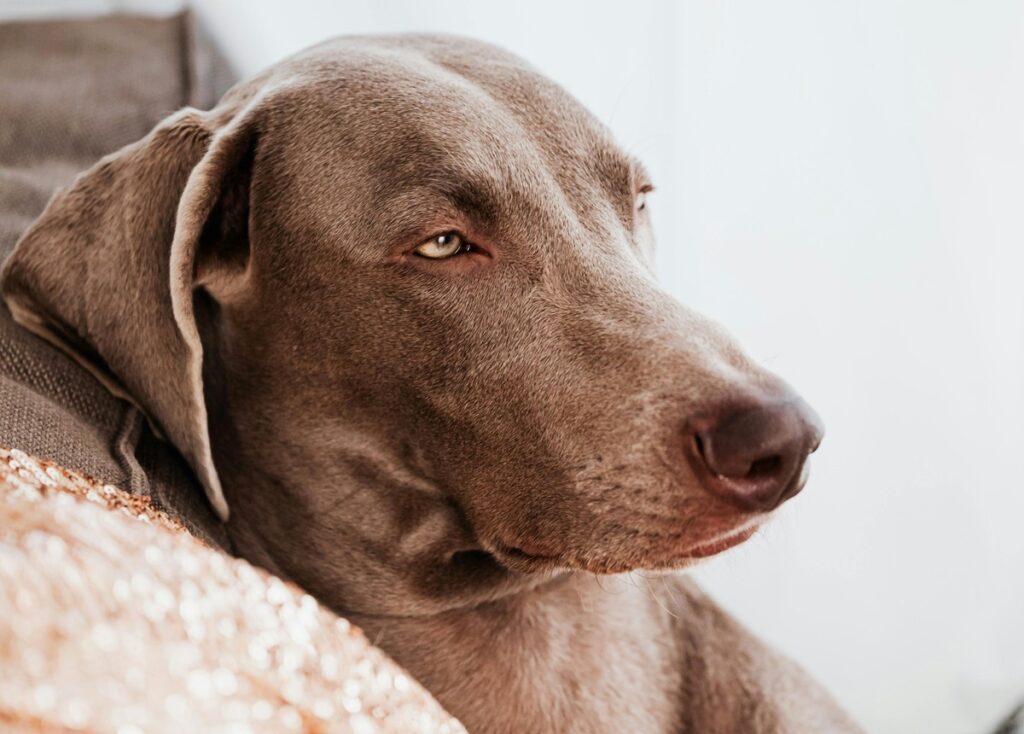
Dog allergies are common, and some people may have a sensitivity to pet dander or fur. If you or anyone in your household has asthma or allergies, it may be difficult to manage the health risks associated with owning a dog. Some dog breeds are more hypoallergenic than others, but no dog is entirely allergy-free. If you’re prone to allergies, you might want to start with a pet that is less likely to trigger symptoms, such as a fish or reptile.
Conclusion
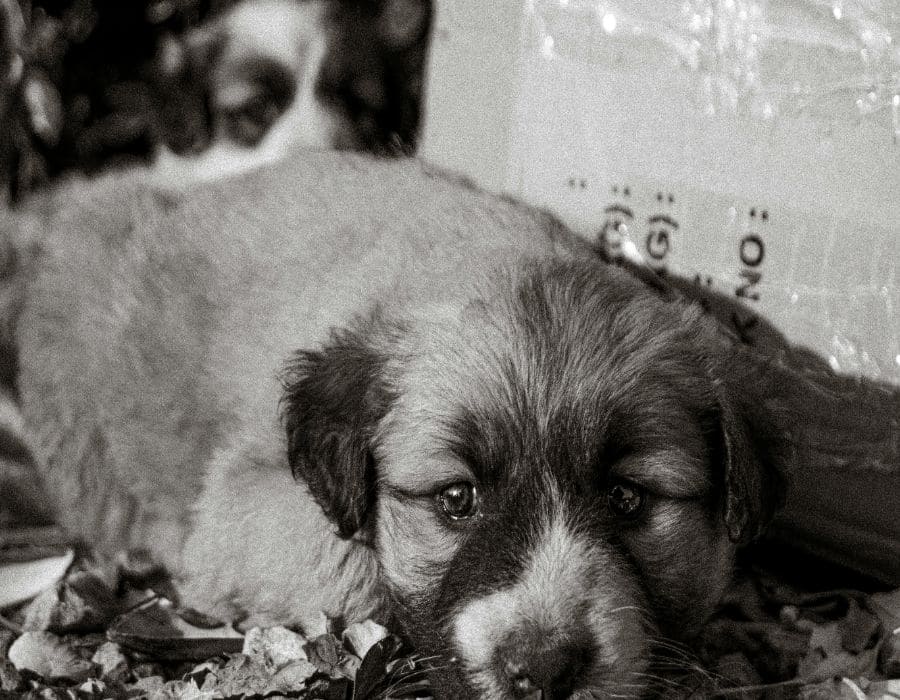
While dogs make excellent pets for the right person, they may not be the ideal first pet for everyone. The time commitment, financial responsibility, and training challenges can be overwhelming for a first-time pet owner. If you’re not ready for the demands of dog ownership, consider starting with a less demanding pet, such as a cat, rabbit, or small rodent. Every pet requires love and care, but it’s important to choose one that fits your lifestyle and abilities as a pet owner. Starting with a less complex pet can help you gain experience before taking on the responsibility of a dog in the future.

